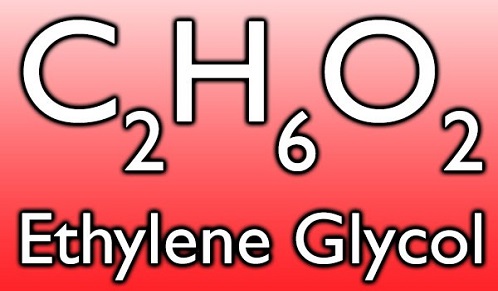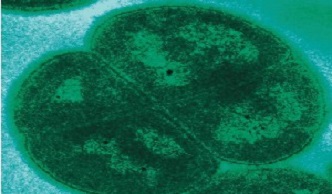متن اولیه انگلیسی:
ETHYLENE GLYCOL: Environmental aspects
The International Programme on Chemical Safety (IPCS), established in 1980, is a joint venture of the United Nations Environment Programme (UNEP), the International Labour Organisation (ILO), and the World Health Organization (WHO). The overall objectives of the IPCS are to establish the scientific basis for assessment of the risk to human health and the environment from exposure to chemicals, through international peer review processes, as a prerequisite for the promotion of chemical safety, and to provide technical assistance in strengthening national capacities for the sound management of chemicals.
The Inter-Organization Programme for the Sound Management of Chemicals (IOMC) was established in 1995 by UNEP, ILO, the Food and Agriculture Organization of the United Nations, WHO, the United Nations Industrial Development Organization, the United Nations Institute for Training and Research, and the Organisation for Economic Co-operation and Development (Participating Organizations), following recommendations made by the 1992 UN Conference on Environment and Development to strengthen cooperation and increase coordination in the field of chemical safety. The purpose of the IOMC is to promote coordination of the policies and activities pursued by the Participating Organizations, jointly or separately, to achieve the sound management of chemicals in relation to human health and the environment.
متن ترجمهشده به فارسی
اتیلن گلیکول: جنبههای زیستمحیطی
برنامه بینالمللی ایمنی شیمیایی[1] (IPCS)، که در سال 1980 تاسیس شد، سرمایهگذاری مشترک برنامه محیط زیست سازمان ملل متحد[2] (UNEP)، سازمان بینالمللی کار[3] (ILO) و سازمان بهداشت جهانی[4] (WHO) است. اهداف کلی IPCS بنیاد نهادن مبنایی علمی برای ارزیابی ریسک قرار گرفتن در معرض مواد شیمیایی برای سلامت انسان و محیط زیست از طریق فرآیندهای داوری بینالمللی، به عنوان پیشنیاز ارتقاء ایمنی شیمیایی، و ارائه کمکهای فنی در جهت تقویت ظرفیتهای ملی برای مدیریت صحیح مواد شیمیایی میباشد.
برنامه بینسازمانی برای مدیریت صحیح مواد شیمیایی[5] (IOMC) که در سال 1995 توسط UNEP، ILO، سازمان خواربار و کشاورزی سازمان ملل متحد (فائو)[6]، WHO، سازمان توسعه صنعتی سازمان ملل متحد[7]، مؤسسه آموزش و پژوهش سازمان ملل متحد[8] و سازمان همکاری اقتصادی و توسعه[9] (سازمانهای شرکت کننده) تاسیس شد، توصیههای کنفرانس 1992 سازمان ملل در مورد محیط زیست و توسعه را برای تقویت همکاری و افزایش هماهنگی در زمینه ایمنی شیمیایی دنبال میکند. هدف IOMC ارتقاء هماهنگی سیاستها و فعالیتهای دنبال شده توسط سازمانهای شرکت کننده، به طور مشترک و یا به صورت جداگانه، برای دستیابی به مدیریت صحیح مواد شیمیایی در رابطه با سلامت انسان و محیطزیست است.
[1] International Programme on Chemical Safety
[2] United Nations Environment Programme
[3] International Labour Organisation
[4] World Health Organization
[5] Inter- Organization Programme for the Sound Management of Chemicals
[6] Agriculture Organization of the United Nations (FAO(
[7] United Nations Industrial Development Organization
[8] United Nations Institute for Training and Research

















